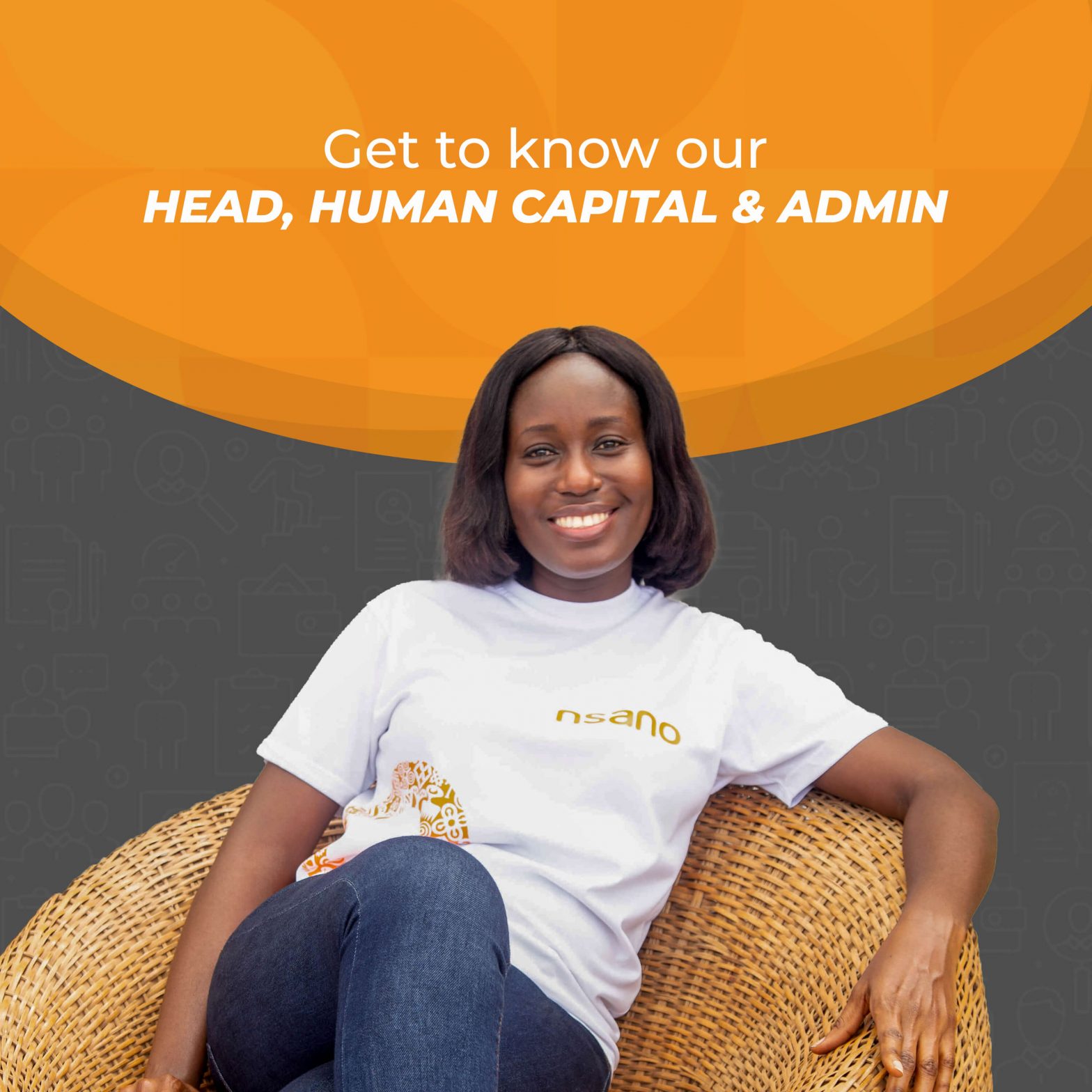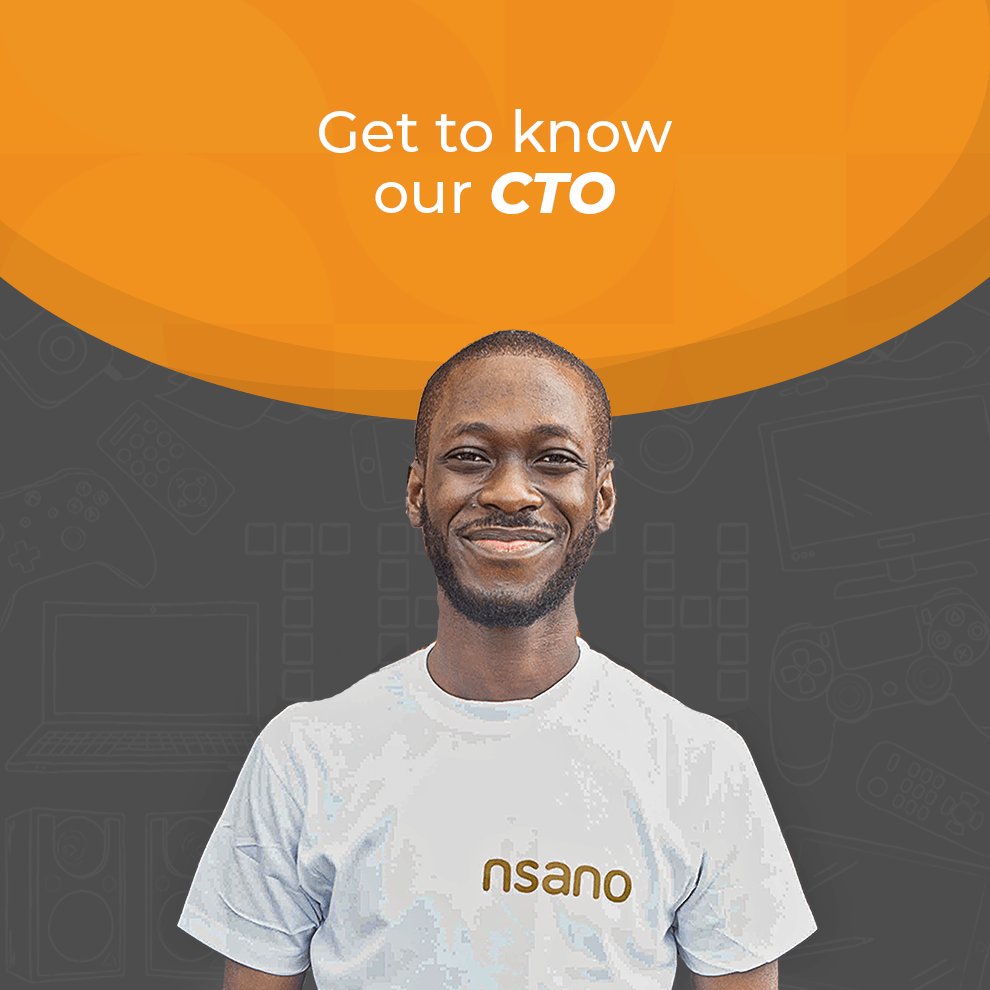Would you choose a bank with no physical building but top-notch digital services at competitive rates? Must a bank have a brick-and-mortar premises to give you comfort?
Well, customers of Neobanks don’t seem to care much about Physical banking halls.
Neobanks are digital-only, fully functional banks. This means they operate online or mobile only financial services. They are banks, only without a traditional brick and mortar building or physical premises for banking. Some of the services Neobanks offer include checking and savings accounts, payments, money transfer services, loans, among other related services. They have some unique and mostly competitive banking services. For example, Lidya, a neobank headquartered in Lagos, Nigeria offers customers algorithm-based credit scores that eliminate the need for collaterals and help customers unlock better rates and capital when looking to get a loan. Such unique, technology-based products help to differentiate Neobanks’ offerings.
There are two main types of Neobanks; Full Stack Neobanks and Front End Focused Neobanks.
Full-stack neobanks are standalone banks with appropriate banking licenses to offer services end-to-end. An example of such is Durham-based Atom Bank.
Front-end focused neobanks are however, dependent on a legacy bank to funnel their services to the customers. They do not have banking licenses but rather manage the frontline customer experience and interface. Such Neobanks operate in conjunction with an existing Bank. London-based Revolut is an example.
A notable Neobank in neighbouring Nigeria is Kuda. Kuda promises its customers free debit cards, budgeting trackers to control spending, free transfers to other banks, remote blocking of missing cards, highly rewarding savings packages, among others. Neobanks can afford such benefits because they typically have lower overhead costs due to no physical branches, few to no ATM installations, and fewer staff. These aforementioned costs are usually huge expenses for traditional banks which in turn influence their pricing. With the relatively low overheads for Neobanks, they can afford to lower costs for customers, thereby attracting more users.
Another advantage of Neobanks is that they are heavily driven by technology and easily embrace technological advancements compared to traditional banks. Their products and customer experience are usually top-notch, helping business models to thrive. For instance, it is quite common to see plain and basic traditional banks’ online platforms whereas Neobanks invest in smarter User Interface and User experiences. These result in customer loyalty and customer stickiness. In addition, technology-based Budget tracking and financial management offerings from Neobanks also position them as more customer centric. This is because they come off as services that support customers to make prudent financial decisions.
Moreover, Neobanks have been known to have faster turnaround processes due to the increased use of technologies such as customer service chatbots equipped with Artificial Intelligence capabilities. Kuda Bank, for example, has excellent customer reviews on their speed to complaint resolution.
Currently, there is no Neobank in Ghana. The question however remains whether Neobanks can thrive with the increasing digital banking services being provided by traditional banks and the growing competition in the banking industry.Ghanaians are embracing technology and the benefits it offers in various fields. This is a good foundation for Neobanks to thrive.
As of January 2021, internet penetration in Ghana was 50%, meaning half of the population use the internet. With relatively lower cost of banking with Neobanks, it is safe to assume that Ghanaians will be excited to use them. Afterall, everyone values a good deal such as great banking services at lower costs. Moreover, Neobank accounts are easy to set up. You can sign up without any physical paperwork. Who wouldn’t choose such convenience? Yet, the absence of a physical presence could be a great hindrance to adoption. Some customers will prefer an option to visit a bank branch in person, especially with complex transactions, which will be highly unlikely with Neobanks.
An almost non-existent human interaction, regardless of how robust the customer service tools are could be a great demerit for Neobanks’ in Ghana. Banking and financial matters thrive on trust and for some, knowing where to find you physically matters.
Secondly, being a customer of a Neobank requires a lot of comfort with technology and trends that come with it. For basic technology users, this can be a lot to ask. So with basic tech skills, customers may have a fairly good experience because of their limited ability to take full advantage of the top-notch technology offerings that characterize Neobank services. This means that even though Neobanks may have the best banking products, customers may not enjoy the value in its entirety.
Thirdly, the bigger banks who also have digital services and the financial resources can partner fintechs to roll out similar Neobank offerings to a tech savvy base. With their resources, they could give Neobanks very stiff competition. This can adversely affect the survival of Neobanks, especially when they are not dependent or backed by a bank. Neobanks differentiate themselves by offering distinctive packages of products and services, which aren’t widely available among traditional banks, but when traditional banks roll out similar services, it hinders existing customers from switching.
In a highly competitive Ghanaian banking sector, building a large customer base as a Neobank means convincing significant number of people to switch their accounts from other providers or tapping into the unbanked population. This is an arduous task even for existing, well-known traditional banks and can prove laborious for a niche service like Neobanks. To make significant inroads will require a lot of time and resources. Not impossible, neither a walk in the park.
In conclusion, the much cliched quote attributed to Bill Gates that ‘banking is necessary, banks are not’ could be a helpful leverage for Neobanks who venture the Ghanaian Market. This coupled with increasing spotlight and efforts to improve internet penetration, digitization and financial inclusion in Ghana makes the idea of Neobanks a welcome one. Should Neobanks get their products right, pricing competitive and customer service par excellence, Ghana could see good patronage for Neobanks if they start operating here. Afterall, it is said that ‘too much of a good thing can be wonderful.’






